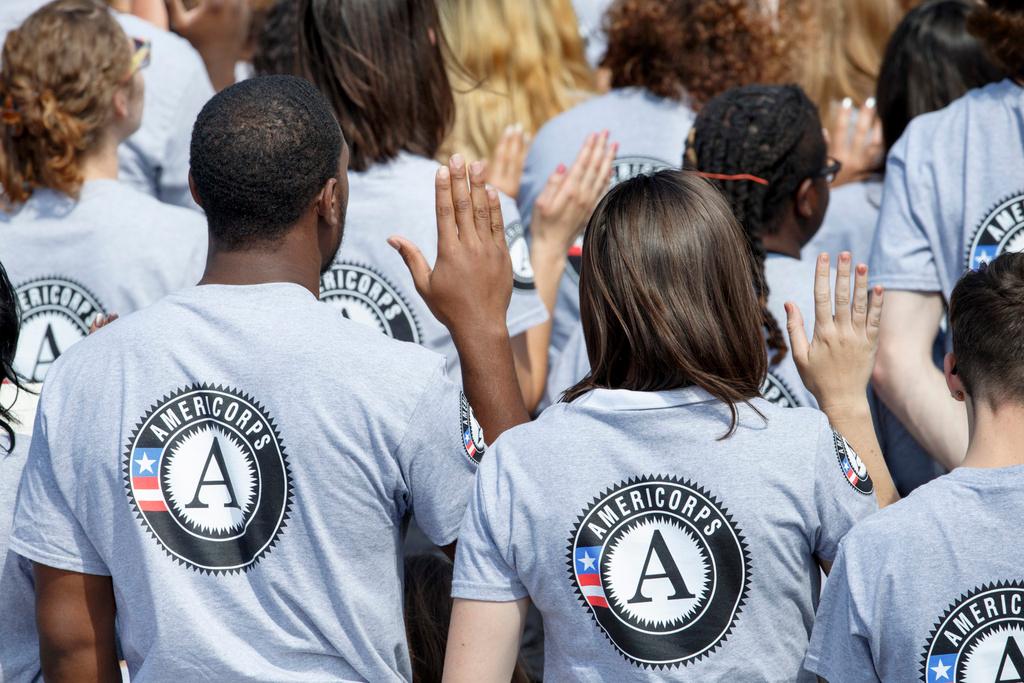
They Might Be Giants was a pioneer of alternative music in the early 1980s. The group just released its 20th album, “I Like Fun.”
The band decided to promote it with the same unusual technique it used almost 40 years ago. Back then it was the hot new technology: an answering machine.
"I had been living in Ohio where no one had a phone machine," guitarist John Flansburgh says. "They seemed like mythical, fancy things. But then there were these civilian models. I t was kind of a craze."
More Inside Track features from CPR's OpenAir:
- Nathaniel Rateliff & The Night Sweats Feel Like Family On New Album
- Alex Lahey's 'I Love You Like A Brother' Sounds Like A Conversation With An Old Friend
- Tune-Yards' 'I Can Feel You Creep Into My Private Life' Combines Dance And Discomfort
- On 'HEAVN,' Jamila Woods Celebrates The Chicago She Knows And Loves
- Cults Makes An 'Offering' Of Hopefulness On Third Album
Flansburgh and bandmate John Linnell had a hard time getting their music out when they first started. They didn't have a label deal, and they couldn't play concerts after Linnell got in a bike accident.
So they came up with this quirky idea. You called a number that connected you to an answering machine in the band's New York City apartment. Instead of a greeting, you heard a song.
"People could leave messages in the early days," Flansburgh says. "A lot of times the message was, 'What was that?!' It didn't really make that much sense. The phone is a terrible way to hear a song."
But it worked. Fans loved it and the duo became legendary for its smart use of technology.
They Might Be Giants has brought Dial-A-Song back to promote its new album. Only this time, instead of low-quality cassette demos, the message features a studio-produced song that changes every week.
Each new song becomes an event for fans, who can share it with their friends on social media. Linnell says that’s the best way to get their music out now, because selling records is a lot harder for musicians these days.
"It's increasingly harder to make a living as a musician in any of the traditional ways," he says. "There is really an urgent requirement for you to keep finding new ways to keep your scene going."
But the band still struggles with how to characterize what exactly their scene is, even 40 years later. The term “alternative music” that once defined their era has become almost meaningless. And nowadays they get lumped in with artists like Barenaked Ladies and Ben Folds because they all write rock music with humorous lyrics.
John Flansburgh isn't too happy about that.
"I don’t know if Poison recoils from being compared to Motley Crue when they’re in the hair metal section of iTunes," he says. "Maybe they’re like, 'Those guys are nothing like us!' No one wants to be pigeonholed."
Linnel laughs it off. "It doesn't really matter who we are perceived to be at this point, right?"
Listen to this episode of Inside Track via the link above. Subscribe to the Inside Track podcast for more new music discovery.








